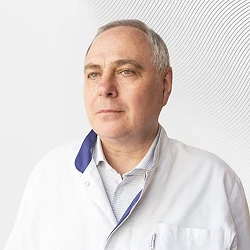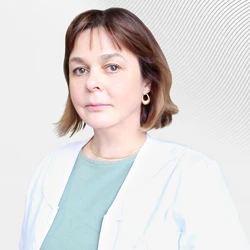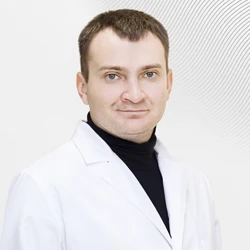Unfortunately, the percentage of suicide attempts among cancer patients in Russia remains quite high. Patients explain their actions in suicide notes by saying that they are tired of pain, illness, and do not want to be a burden to their relatives. However, the problem is much deeper and is also related to the psychoemotional state of the patient.
Leonid Pechatnikov, Deputy Mayor of Moscow in the Moscow Government for Social Development, argues that suicide in cancer patients may be associated not only with insufficient relief of pain, but also with severe psychological stress or depressive state of the patient.
"A person may be well anesthetized, but he develops a depressive state that causes him to want to die," says Pechatnikov. He also added that relatives and oncologists may not adequately assess a patient's suicidal risk.
Veronika Skvortsova, the Russian Minister of Health, has the same opinion. She believes that not only chronic pain, but also the emotional background influence the decision of some cancer patients to commit suicide.
According to Zurab Kekelidze, chief psychiatrist at the Ministry of Health of the Russian Federation, a psychiatrist should work with every cancer patient in addition to an oncologist. He also stated the need for all oncologists to undergo psychiatric training. If a patient develops suicidal thoughts or signs of depression during therapy, then psychiatric support should be provided.
The European Medical Cancer Center has been operating a patient psychoanalytic support service for 4 years. The center's versatility allows it to work closely with oncologists and provide a comprehensive program of care for patients diagnosed with cancer, as well as their loved ones.
In addition, the doctors of the EMC Clinic of Psychiatry and Psychotherapy conduct training programs and trainings for doctors of the European Medical Center and doctors from other clinics in Moscow and Russia. EMC specialists train colleagues in effective communication with the patient, correct diagnosis, decision-making about treatment, and assessment of mental disorders accompanying cancer (depression, anxiety, sleep disorders, suicide risk).
Was this information helpful?
Questions and answers
Ask a Question
.webp)










.webp)

.webp)




.webp)





.webp)

